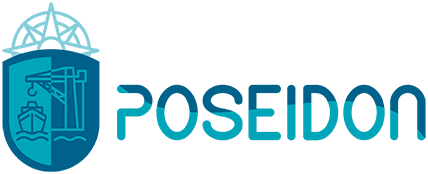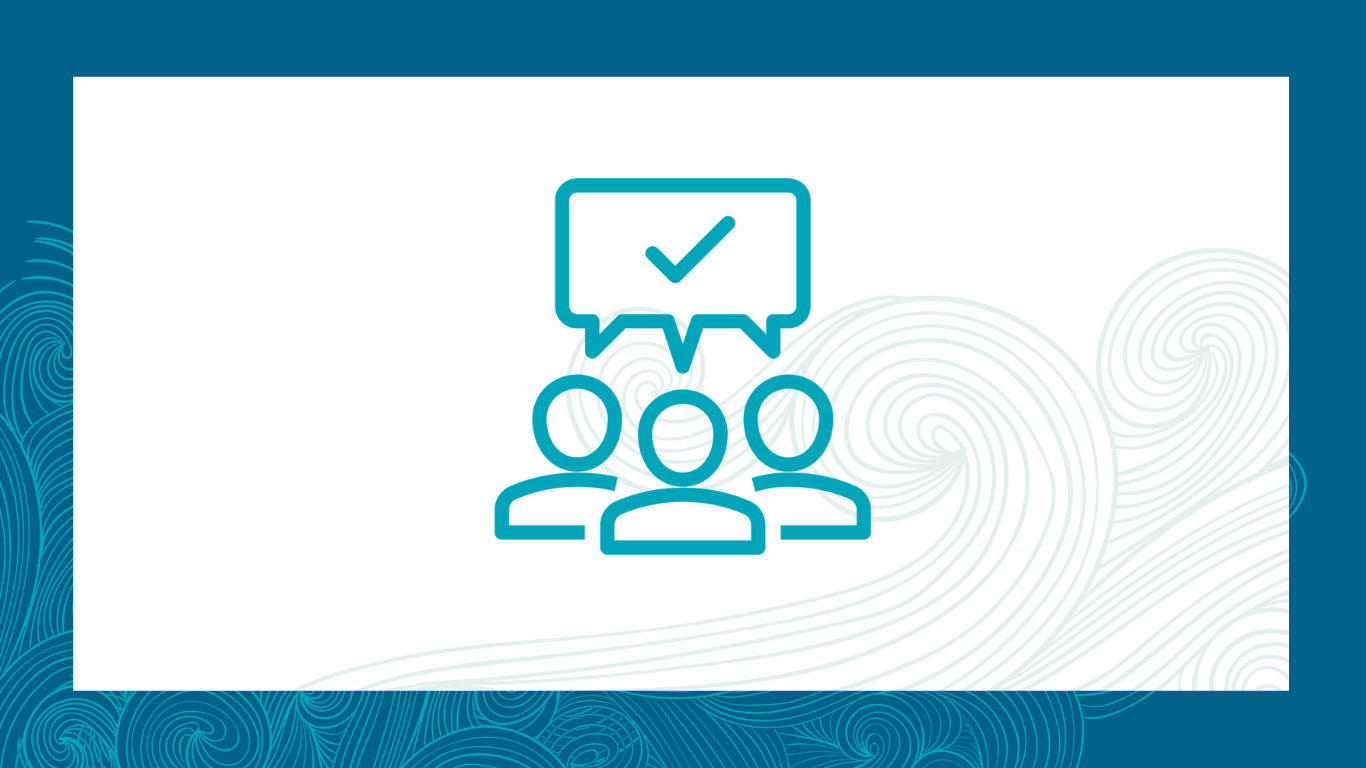On July 9, 2024, the fourth thematic dialogue was conducted online, attracting 37 participants from across the Consortium partners, supporting partners, and stakeholders in the maritime sector. Attendees included representatives from the Port of Venice, Port of Antwerp-Bruges, the Hellenic Ministry of Maritime Affairs & Insular Policy, public and private port entities, and DG HOME.
The dialogue focused on the “waterbed effect” in the maritime sector—a challenging side effect of anti-corruption efforts. The goal was to delve into the consequences of anti-corruption policies through case studies from major European ports and discussions with industry experts.
The event kicked off with an insightful session highlighting the waterbed effect, featuring key examples from the Port of Antwerp-Bruges on how they have navigated these challenges and the preventive measures they’ve implemented.
Participants then engaged in two break-out sessions, focusing on transnational and national examples of the waterbed effect and the corresponding countermeasures. These discussions provided an opportunity to explore ongoing European and international initiatives aimed at mitigating the waterbed effect.
A consensus emerged that the waterbed effect is increasingly prevalent in EU ports, not just as a regional concern but as a tactic employed by organized crime groups. The primary outcome of the dialogue underscored the urgent need for coordinated measures and policies across EU ports to combat corruption and prevent the waterbed effect.
The online dialogue was a resounding success, fostering the exchange of best practices and experiences among EU ports, aligning with the POSEIDON project’s objective of enhancing cooperation through an EU Public-Private Network of Port Sector Stakeholders.
Interested in joining these initiatives? Become a part of the POSEIDON Network and stay connected by following us on social media


